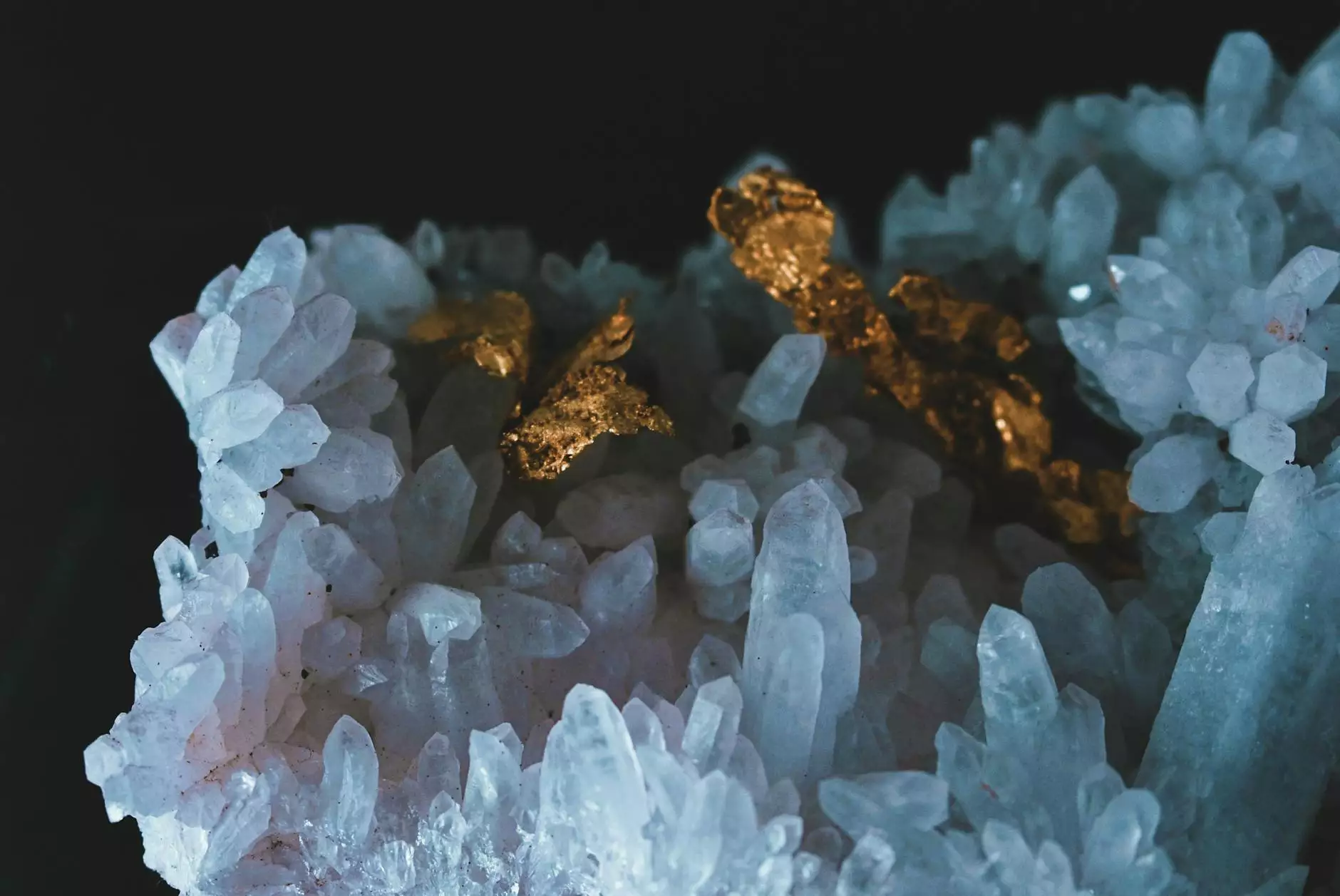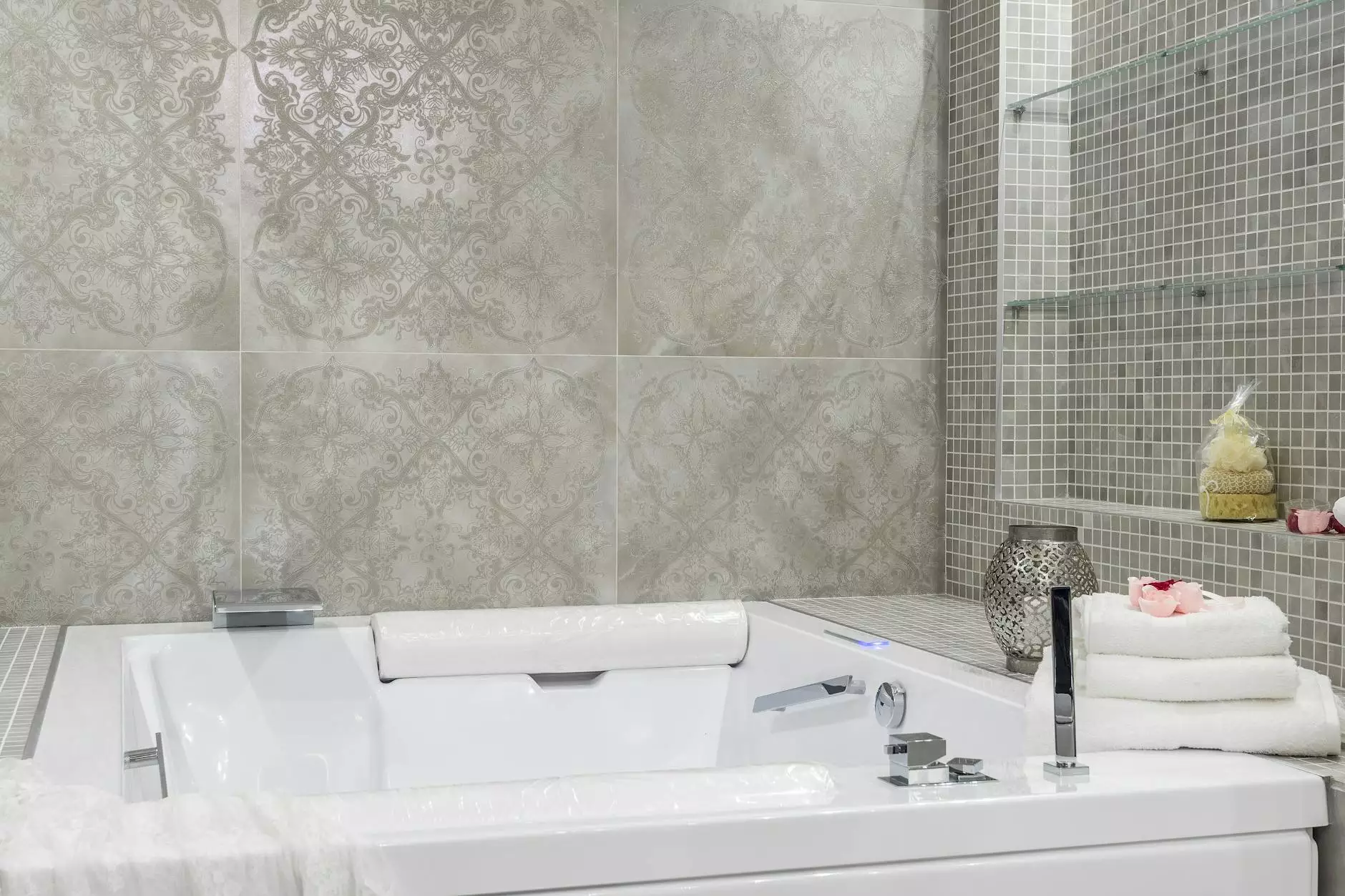The Difference Between Quartz & Quartzite

Introduction
Welcome to Bass Construction Company, your trusted partner in the heavy industry and engineering - construction and maintenance sector. In this article, we'll explore the difference between quartz and quartzite, two popular materials used in various construction projects. We'll delve into their characteristics, properties, and applications, providing you with detailed insights to make informed decisions for your upcoming projects.
Understanding Quartz
Quartz, often referred to as engineered stone, is a man-made material that combines natural quartz crystals with resins and pigments. It is created under controlled conditions, resulting in a highly durable and versatile stone. The manufacturing process allows for a wide range of colors and patterns, making quartz a popular choice in residential and commercial applications.
Characteristics of Quartz
- Durability: Quartz is known for its exceptional durability, making it resistant to scratches, stains, and heat. It is an ideal choice for high-traffic areas.
- Uniformity: Unlike natural stones, quartz offers uniformity in color and pattern. This consistency ensures a seamless and cohesive look in your construction projects.
- Low Maintenance: Quartz is non-porous, which means it doesn't require sealing and is highly resistant to bacteria and mold growth. Regular cleaning with mild soap and water is sufficient to keep it looking pristine.
- Variety: With a plethora of color and pattern options available, quartz allows you to achieve the desired aesthetic for your spaces. Whether you prefer a classic or contemporary look, there's a quartz design to suit your needs.
Applications of Quartz
Quartz finds widespread use in both residential and commercial projects due to its versatility. Some common applications include:
- Kitchen countertops
- Bathroom vanities
- Wall cladding
- Flooring
- Fireplace surrounds
Exploring Quartzite
Quartzite is a natural stone that forms when sandstone undergoes intense heat and pressure within the Earth's crust. This natural process transforms the sand grains into a solid stone with characteristics similar to quartz but with its unique aesthetic appeal. Quartzite is highly sought after for its beauty and durability in construction projects.
Characteristics of Quartzite
- Durability: Quartzite is known for its exceptional hardness and durability, making it resistant to scratches and heat. It can withstand heavy foot traffic and is an excellent choice for outdoor applications.
- Natural Variation: Unlike quartz, quartzite offers natural variation in color and veining, adding a touch of elegance and uniqueness to your projects. Each slab of quartzite is unique, making it a prized material for discerning homeowners and designers.
- Heat Resistance: Quartzite's resistance to heat makes it an ideal choice for kitchen countertops and other areas in contact with hot objects.
- Transformative Beauty: The natural formation of quartzite gives it vibrant colors and striking patterns, showcasing the beauty of nature within your construction projects.
Applications of Quartzite
Quartzite's durability and aesthetic appeal make it a versatile choice for various construction projects. Some common applications include:
- Countertops
- Flooring
- Wall cladding
- Stairs and steps
- Exterior pavers
Key Differences
Composition and Formation
The main difference between quartz and quartzite lies in their composition and formation processes. Quartz is a man-made material consisting of natural quartz crystals, resins, and pigments, while quartzite is a natural stone formed through intense heat and pressure acting on sandstone.
Appearance
Quartz offers a wide range of colors and pattern options, allowing for consistency and customization. On the other hand, quartzite showcases natural variations in color and veining, providing a unique and stunning aesthetic appeal.
Durability and Heat Resistance
Both quartz and quartzite are highly durable materials. However, quartzite is renowned for its exceptional hardness and heat resistance, making it suitable for high-traffic areas and applications that come into contact with hot objects.
Maintenance
Quartz requires minimal maintenance, as it is non-porous and resistant to staining. Regular cleaning with mild soap and water is sufficient. Quartzite, being a natural stone, may require periodic sealing to maintain its resistance to staining.
Conclusion
In summary, while quartz and quartzite share similarities, they differ in terms of their composition, appearance, durability, and maintenance requirements. Bass Construction Company is here to help you make an informed decision by providing high-quality quartz and quartzite materials for your construction needs. Contact us today to discover how we can assist you in achieving your project goals.









